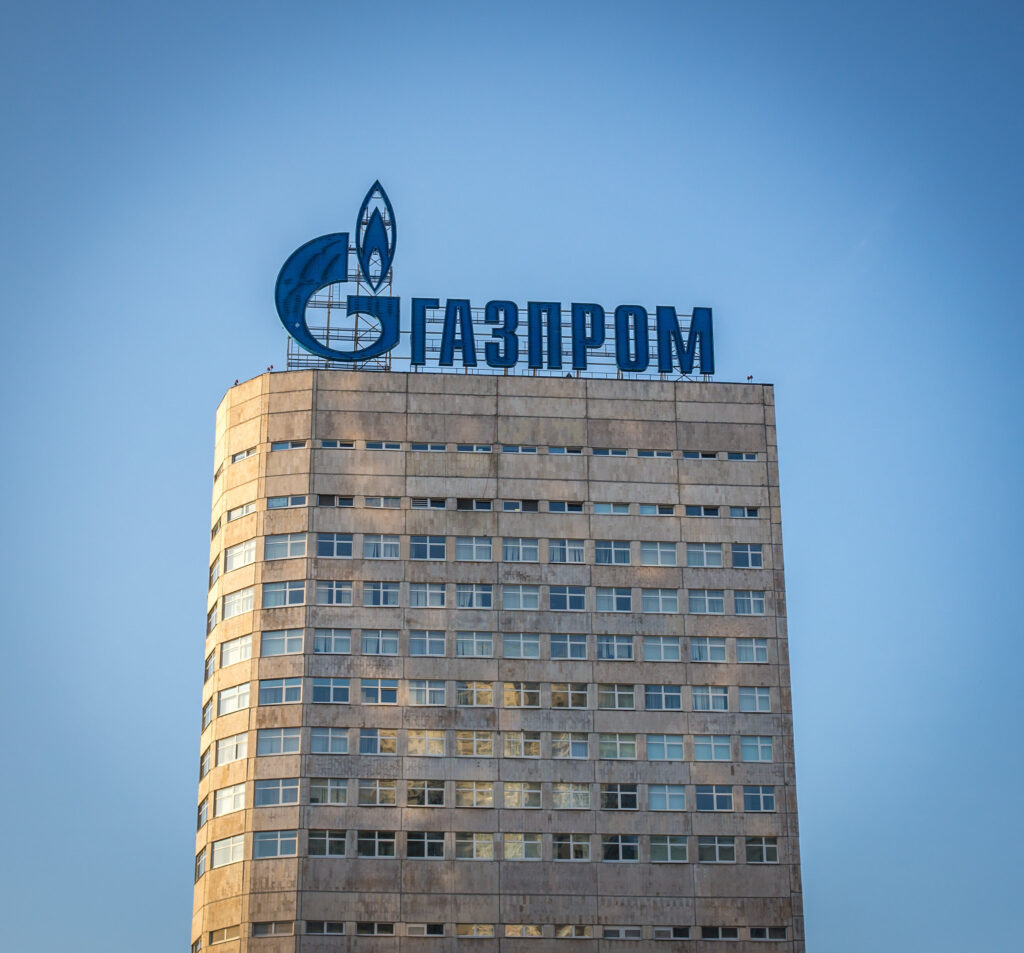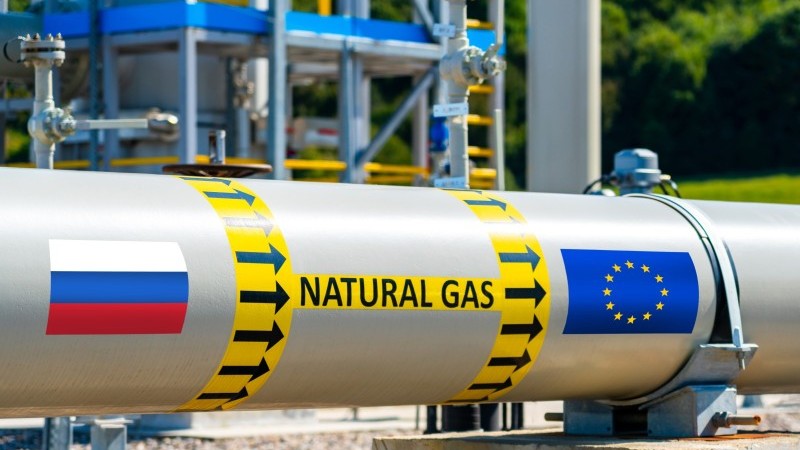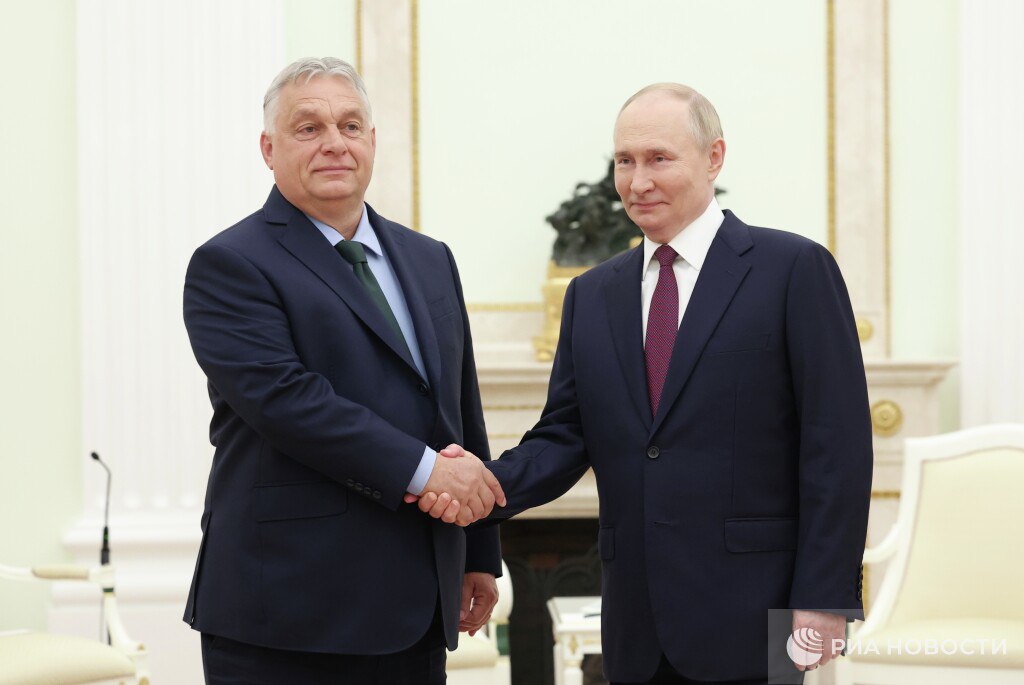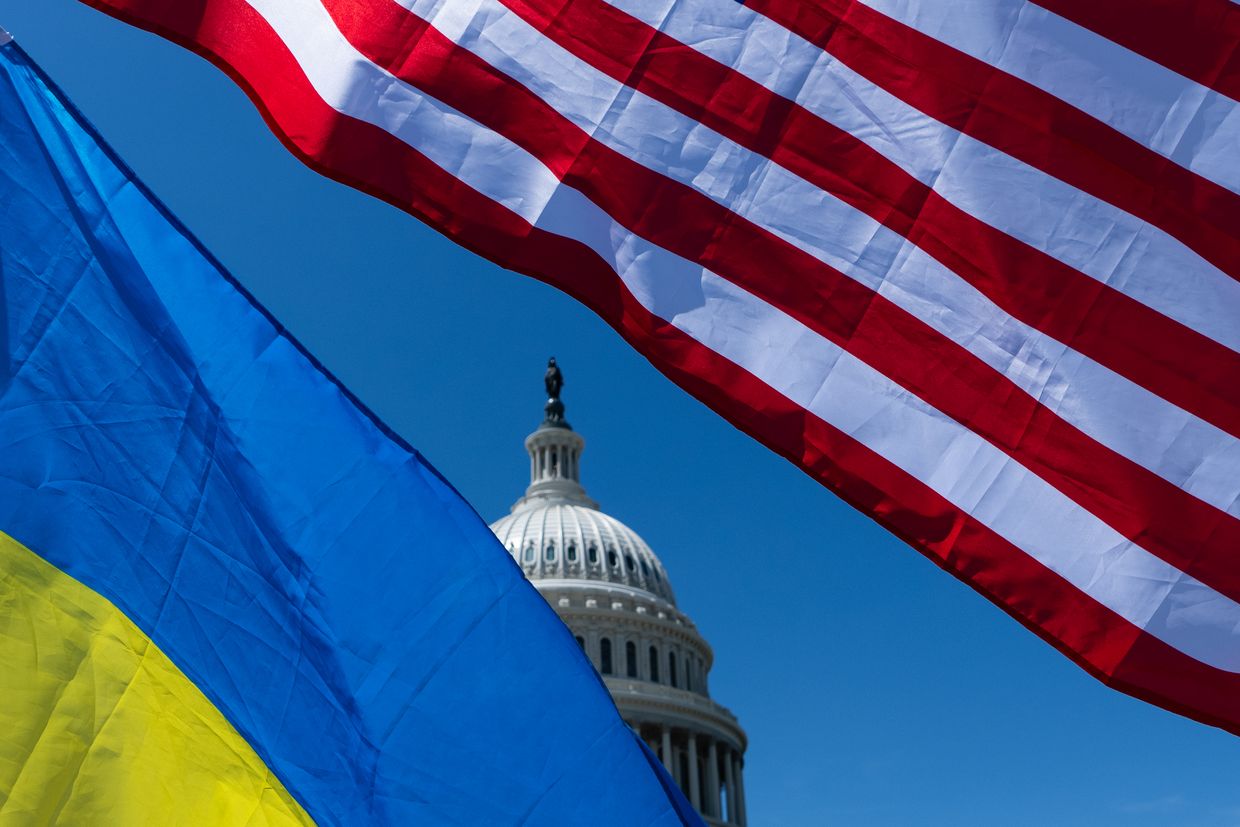
A Ukrainian cyberattack on Gazprom systems has reportedly crippled the Russian state gas monopoly’s digital infrastructure, Suspilne reports, citing a source in Ukraine’s Defense Intelligence (HUR). The hackers wiped data from physical servers, cloud platforms, and all backups, targeting critical control systems that manage Russia’s gas flows, finances, and internal operations.
Gazprom, Russia’s state-controlled gas monopoly, has been central to both the Kremlin’s foreign “gas blackmail” strategy and war funding machine. Known as “Russia’s second budget,” it has funneled billions into state coffers. Even after sanctions slashed its revenues by trillions of rubles, Gazprom’s profits continue to support Russia’s war machine amid Moscow’s ongoing invasion of Ukraine. Thus, any disruptions in Gazprom’s operations may benefit Ukraine.
Gazprom’s entire infrastructure breached before data wipe
Suspilne reported earlier that the attack took place on 17 July. Now, Suspilne’s HUR source said Ukraine’s intelligence operatives obtained full access to all of Gazprom’s information systems, reaching a depth of penetration that the source described as “unprecedented.” The access reportedly included internal analytics, core servers, digital platforms, and user credentials from across Gazprom’s operational hierarchy.
According to Suspilne’s reporting, the operation began with full infiltration and ended with a coordinated deletion of all available data — including security systems, server control modules, and support networks that kept Gazprom’s infrastructure running.
Before erasing the systems, the hackers reportedly downloaded hundreds of terabytes of data, including over 20,000 user profiles with electronic signatures. These accounts spanned every level of Gazprom’s structure, giving Ukraine’s operatives full visibility into the gas giant’s digital framework.
Explore further
Europol dismantles pro-Russian cyber army flooding Ukraine and its allies with attacks
390+ Gazprom subsidiaries compromised, SCADA and GIS systems destroyed
Suspilne reports that more than 390 subsidiaries and branches were affected, including Gazprom Teplo Energo, Gazprom Obl Energo, and Gazprom Energosbyt. The breach extended into Gazprom’s SCADA and GIS systems, which control gas and oil pressure, distribution flows, well data, and infrastructure networks.
These platforms were completely wiped from both servers and cloud environments, the source said.
The HUR source also claimed that Gazprom’s financial records, tax data, contract logs, and legal documents were destroyed. Among the deleted systems were modules managing supply schedules, customer volumes, tariffs, payments, licensing, and regulatory files.
Explore further
Russian oil flows through Hungary unchecked—investigation traces deals to PM Orbán’s closest allies
System collapse may impact gas supply, contracts, and bank stability
The scale of the operation, Suspilne’s source stated, could lead to a partial or total collapse in Gazprom’s ability to function. Without operational systems, the state corporation may be unable to sign new contracts, manage its gas supply network, or maintain stable financial operations.
The source further suggested that the consequences could include regional disruptions to gas transport and delivery, a potential default on corporate obligations, and sharp devaluation of Gazprom’s stock, possibly triggering instability in banks that finance the energy conglomerate.
HUR source says hackers deleted all backup data using custom tools, Suspilne reports
Using custom-developed software, Ukrainian cyber operatives reportedly deleted all data stored on Gazprom’s physical servers and cloud infrastructure, including backup copies.
The attack also targeted automated control systems, administrative platforms, internal orders, official documents, and 1С server clusters, which housed corporate files for both Gazprom and its subsidiaries.
Become one of our 700+ patrons!
You could close this page. Or you could join our community and help us produce more materials like this.
We keep our reporting open and accessible to everyone because we believe in the power of free information. This is why our small, cost-effective team depends on the support of readers like you to bring deliver timely news, quality analysis, and on-the-ground reports about Russia's war against Ukraine and Ukraine's struggle to build a democratic society.
Become a patron or see other ways to
support.








